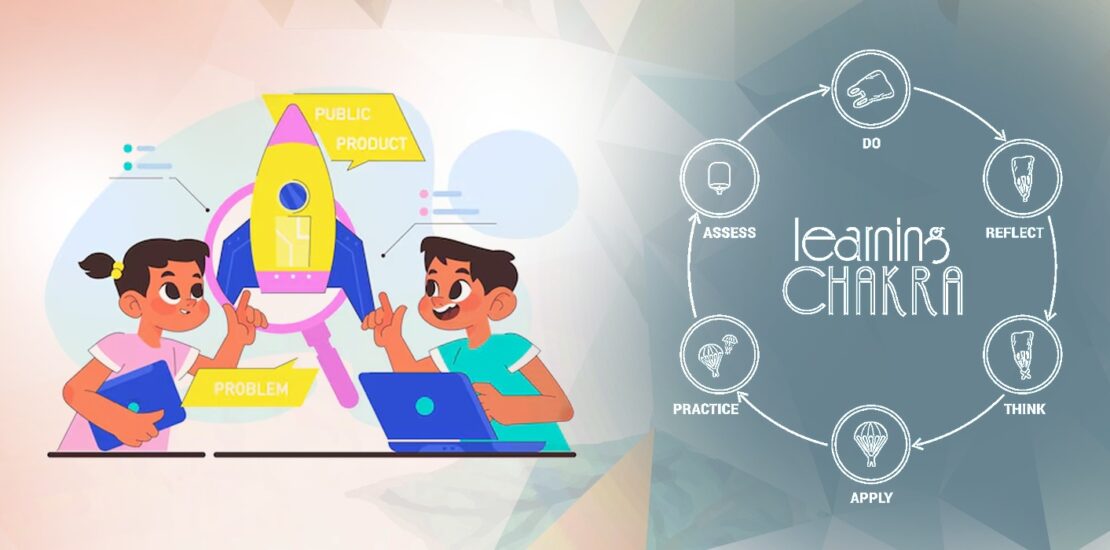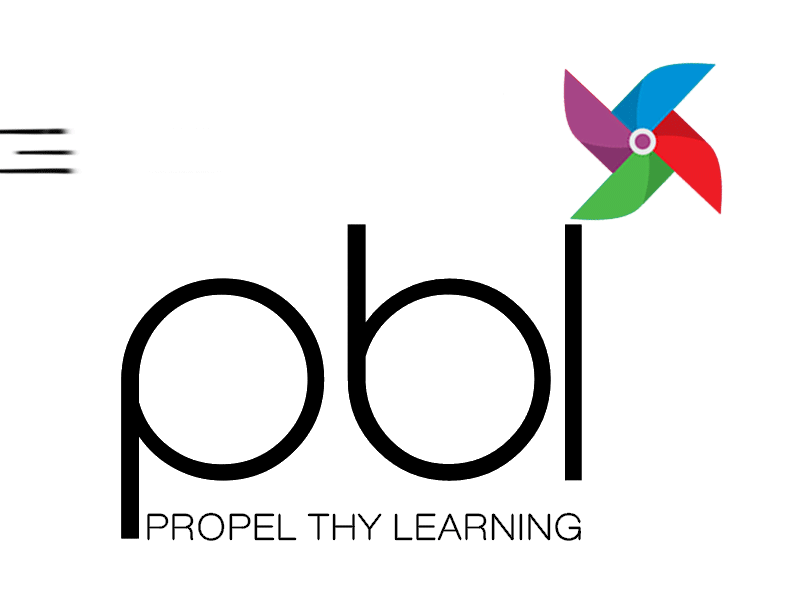I did what you told me, but did not learnConditions for Learning
- April 25, 2024
- Posted by: PBL
- Category: Education

PBL is based on Experiential Learning theory, propounded by multiple luminaries such as
John Dewey, Kilpatrick, Kurt Levin, David Kolb. The Experiential Learning Cycle has four
fundamental steps- Concrete Experience, Reflective Observation, Abstract
Conceptualisation and Active Experimentation. PBL by Propel has expanded this in the context of school children to include two more steps and simplified the nomenclature to Experience, Reflection, Conceptualisation, Application, Practice and Assessment.
What conditions must be there for each of these to happen?
EXPERIENCE
What must be there, necessarily and sufficiently, for an event or an activity to become an educative experience?
CONDITIONS FOR AN EDUCATIVE CONCRETE EXPERIENCE
- Embrace the experience, unconditionally and fully
- Give full attention to it – immerse yourself in it
- Do NOT resign to it, do NOT bother about it being permanent or impermanent,
continuing or discontinuing
REFLECTION
What must be there, necessarily and sufficiently, for an activity to become deserving of
and leading to productive reflection?
CONDITIONS FOR A REFLECTIVE OBSERVATION
- Step out of the experience, unidentify yourself from the experience
- Observe with full attention, without taking a stand
- Be open to whatever is forming inside the mind
CONCEPTUALISATION
What must be there, necessarily and sufficiently, for a reflection on an experience to yield
conceptual understanding of the world and its processes, in, about, or of it?
CONDITIONS FOR ABSTRACT CONCEPUTALISATION
- Let each connection being formed emerge, unhindered by judgement and biases
- Integrate the new with the old, as it happens
- let the older conceptual framework or skill set adapt to the new emerging ones
APPLICATION
What must be there, necessarily and sufficiently, for a concept or conceptual framework to
be deserving of or to be applied to solve a problem or create something anew?
CONDITIONS FOR ACTIVE EXPERIMENTATION
- Take considered risk, it is inherent in experimentation
- Be open to concept not working out – that is equally as possible as it working
- Evoke all conceptual connections while planning the new
PRACTISE
What must be there, necessarily and sufficiently, for the application of a concept or
conceptual framework or a skill to become refined and robust part of our knowledge
base- factual, conceptual, procedural or metacognitive to be extended to and applied in
variety of contexts?
CONDITIONS FOR PRACTISE
- Pay full attention, especially when it gets repetitive. That is the only anti-dot from
inertia to set in - Seek a variety of contexts, it keeps the freshness alive
- Seek tougher challenges every time you are changing the context
- Seek newer ways of application, and pay more attention
- Increase the complexity level of the context you are practicing; this is surer way of
strengthening the knowledge or skills and keeping boredom at bay. It also builds your tenacity to dig in when the challenge gets tougher
ASSESSMENT
What must be there, necessarily and sufficiently, for factual, conceptual, procedural or
metacognitive knowledge to be checked and validate that this is so, and not a delusion or
memorized, flat or layered but static form of knowledge, masquerading as rich and living?
CONDITION FOR ASSESSMENT
- Know the specific knowledge or skill you seek to test, and the evidences of
achieving it. - Articulate the evidences of learning as clearly and elaborately as possible, in
various contexts - Align the learning objective, the evidences of learning and the assessment tool
